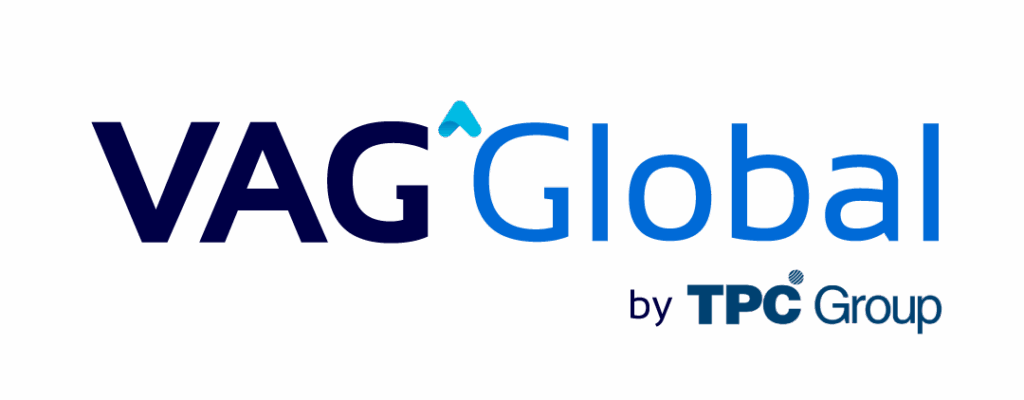In Peru, where regulations frequently change and oversight can be challenging, companies should prioritize legal compliance and strong corporate governance. These practices help prevent penalties and foster sustainability, transparency, and stakeholder trust.
Legal compliance in Peru involves correct registration in public registries, precise presentation of financial statements, and adherence to tax rules set by the SUNAT (Superintendencia Nacional de Aduanas y Administración Tributaria – National Superintendency of Customs and Tax Administration), as well as the implementation of safeguards against offenses such as money laundering and corruption, as required by Law No. 30424 and its regulations. In contrast, corporate governance refers to the framework of principles, policies, and processes that direct and control companies. The SMV (Superintendencia del Mercado de Valores – Superintendency of Securities Market) has issued a guide based on its Code of Good Corporate Governance for Peruvian companies, primarily those accessing the securities market and small and medium-sized enterprises seeking to strengthen governance.
Risks and Consequences of Poor Management
Ignoring legal requirements can have serious financial, reputational, and legal effects:
- Administrative and tax penalties: The SUNAT may impose fines for omissions in returns, inconsistencies in accounting books, or failure to comply with formal obligations. For example, according to the Tax Code (Consolidated Amended Text D.S. No. 133-2013-EF), fines may exceed 50 UIT (Unidad Impositiva Tributaria – Applicable Tax Unit) depending on the offense.
- Criminal liability of legal entities: Under Law No. 30424, companies may be criminally liable for offenses such as bribery, collusion, and money laundering if they do not have an ordered prevention model.
- Invalidity of corporate decisions: If the minutes are not duly recorded or the bodies are not correctly constituted, the resolutions of the board of directors or the general meeting may be contested.
- Reputational risks: Weak legal and corporate governance damages a company’s standing with customers, suppliers, and investors. In regulated markets, this can result in license loss or exclusion from government procurements.
Specific Best Practices for Compliance and Governance
Below are some key practices recommended by entities such as the SMV and the SBS (Superintendencia de Banca y Seguros – Superintendency of Banking and Insurance) for Peruvian companies:
- Implementation of a regulatory compliance program: This practice should include a legal risk matrix, internal controls, reporting channels, and remediation processes. In the case of criminal offenses, it is crucial to have a Prevention Model in accordance with Law No. 30424.
- Transparency and access to information policies: The SMV recommends that companies publish their financial statements, updated bylaws, and annual reports to facilitate citizen and investor oversight.
- Independent board with clear functions: To avoid conflicts of interest, the board must have independent members and perform strategic and supervisory functions, but not operational ones.
- Active tax compliance: This is not about filing taxes on time, but about reviewing the tax criteria applied (such as deductions, exemptions, and others) to avoid objections that could lead to complex audits.
Specialized Advice As a Pillar of Compliance
Due to the complexity of legal and tax obligations, many Peruvian companies engage legal advisory services. A multidisciplinary team of lawyers, accountants, and auditors can help anticipate risks, structure the company appropriately, align its tax regime with operations, and prevent costly errors.
Legal advice is also essential for developing and implementing prevention models that protect companies from corporate criminal liability. This requires both technical expertise and familiarity with the standards of the Judicial Branch and the Office of the Attorney General.
Source: Gob.pe
